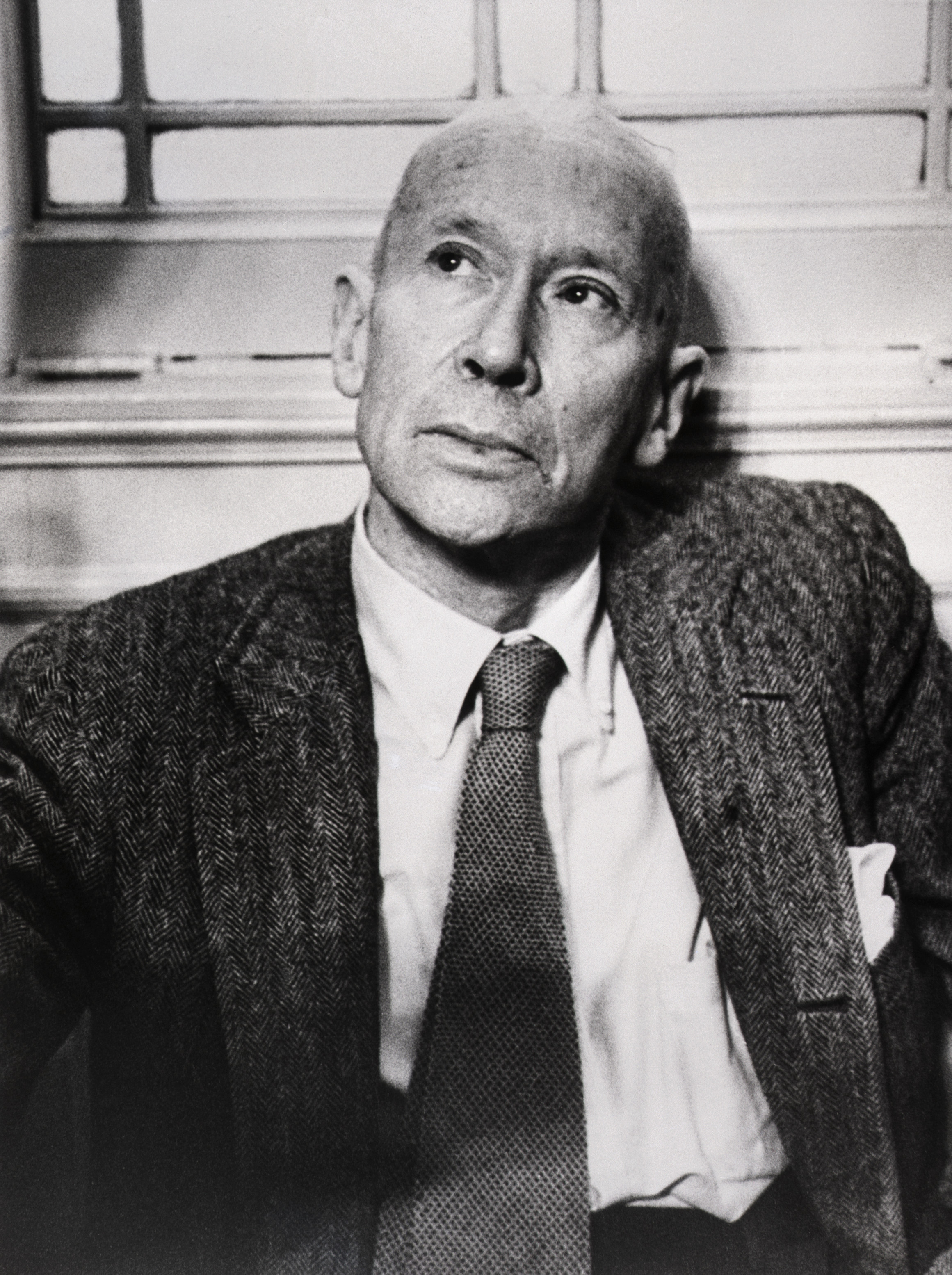Cummings, E. E. (1894-1962), was one of the most innovative poets in American literature. He is especially known for violating the rules of composition, rejecting punctuation and capitalization, distorting syntax (sentence structure), and experimenting with typography (the arrangement of printed matter). He wrote his own name as e. e. cummings. However, Cummings’s themes and even many of his forms are traditional. Beneath his poems’ complex surfaces are relatively simple, straightforward ideas. Cummings emphasized the supremacy of the individual over society, and he criticized the tendency of people to conform to socially accepted values and opinions. His poems show him to be joyous and childlike, a believer in love and spontaneity.

Edward Estlin Cummings was born on Oct. 14, 1894, in Cambridge, Massachusetts. He studied at Harvard University, earning a B.A. degree in 1915 and an M.A. degree in 1916. During World War I (1914-1918), Cummings served as a volunteer ambulance driver in France. French authorities suspected him of expressing treasonous views and held him in a French detention camp for three months. Cummings vividly described this experience in his book The Enormous Room (1922). Cummings published his first book of poems, Tulips and Chimneys, in 1923. In addition to his poetry, Cummings wrote verse plays such as Him (1928); Eimi (1933), an account of a visit to the Soviet Union; and i: six nonlectures (1953), lectures originally delivered at Harvard. His Complete Poems, 1904-1962 was published in 2013. He died on Sept. 3, 1962.
